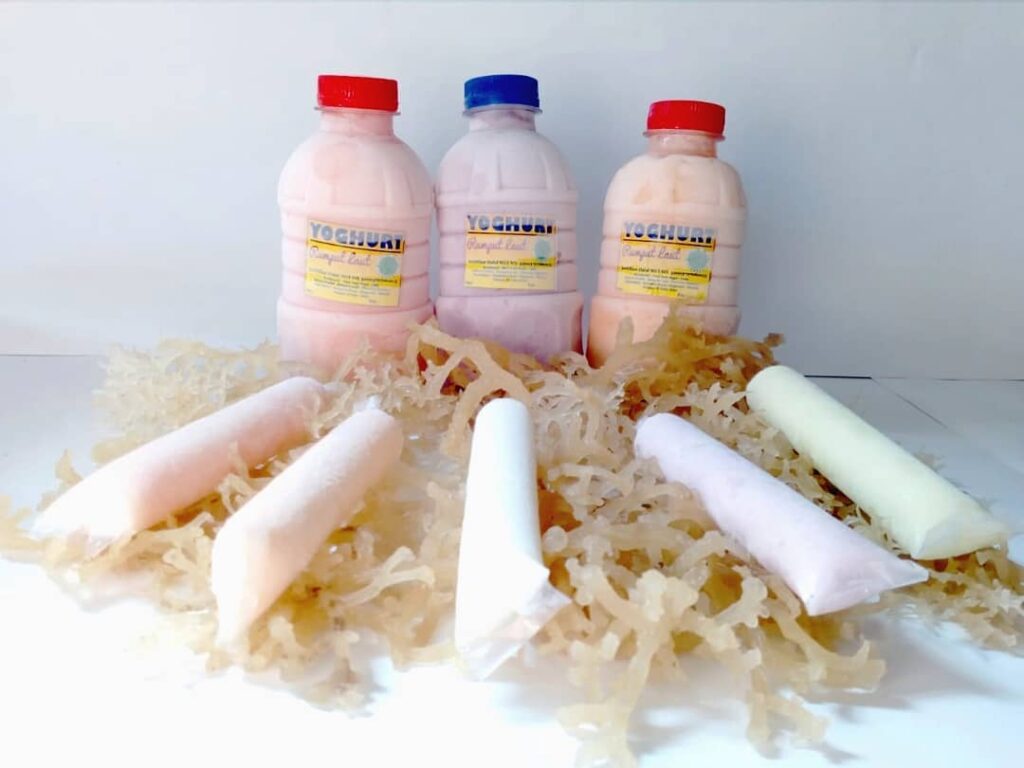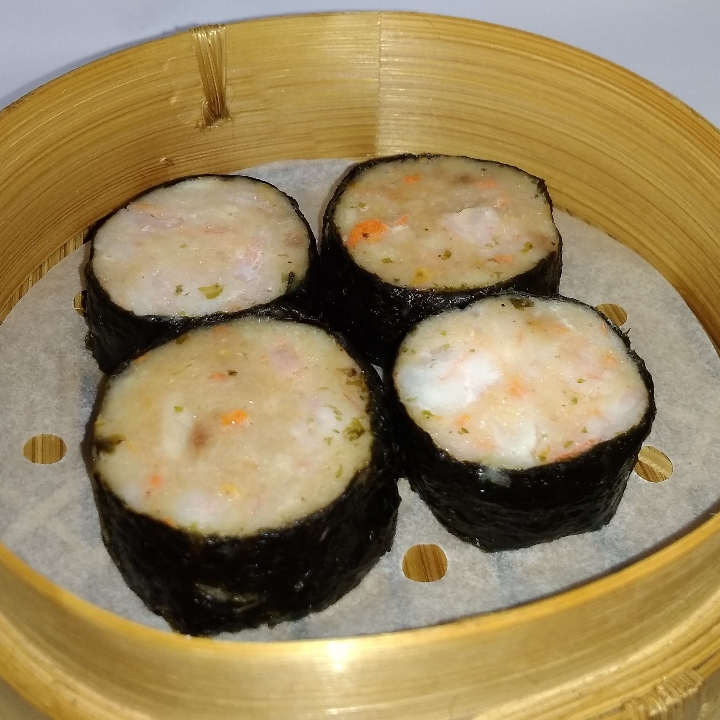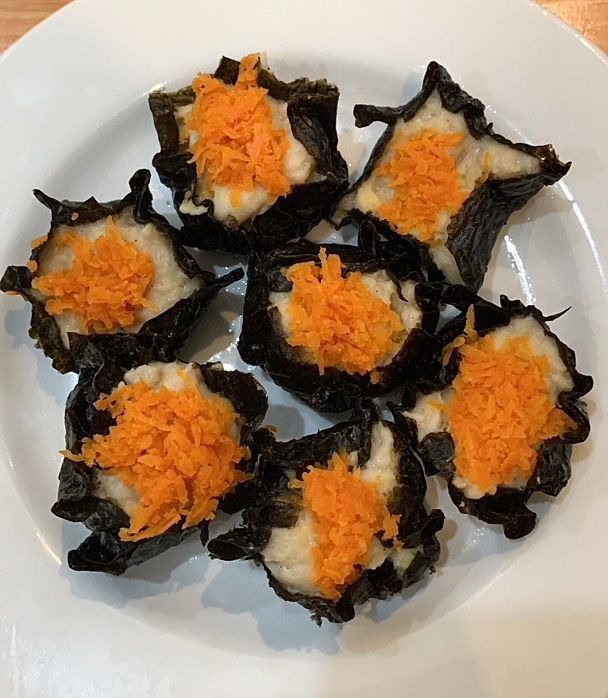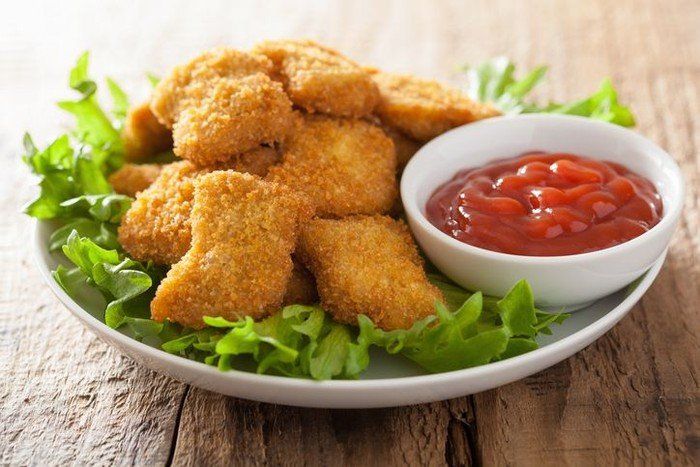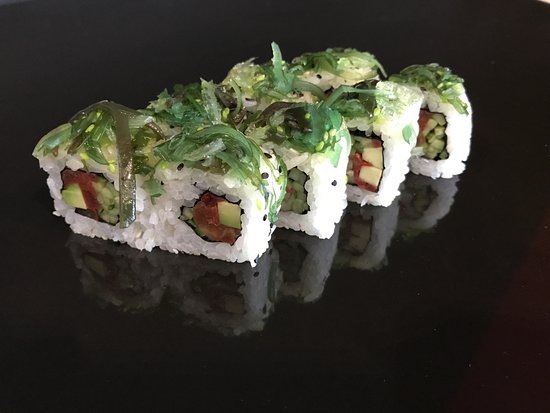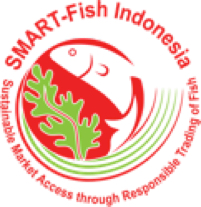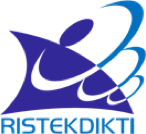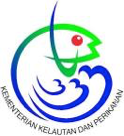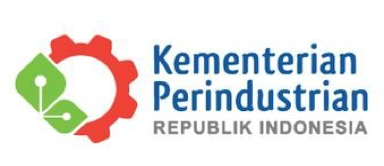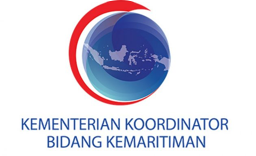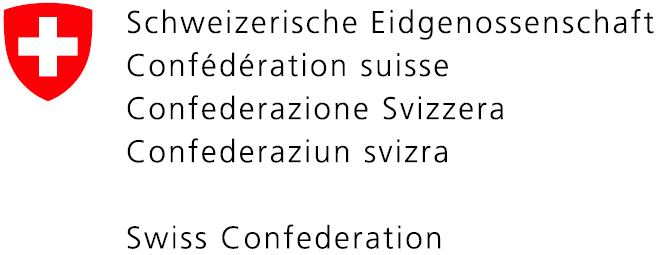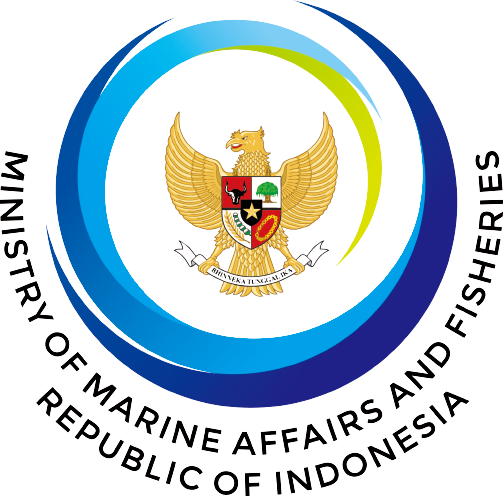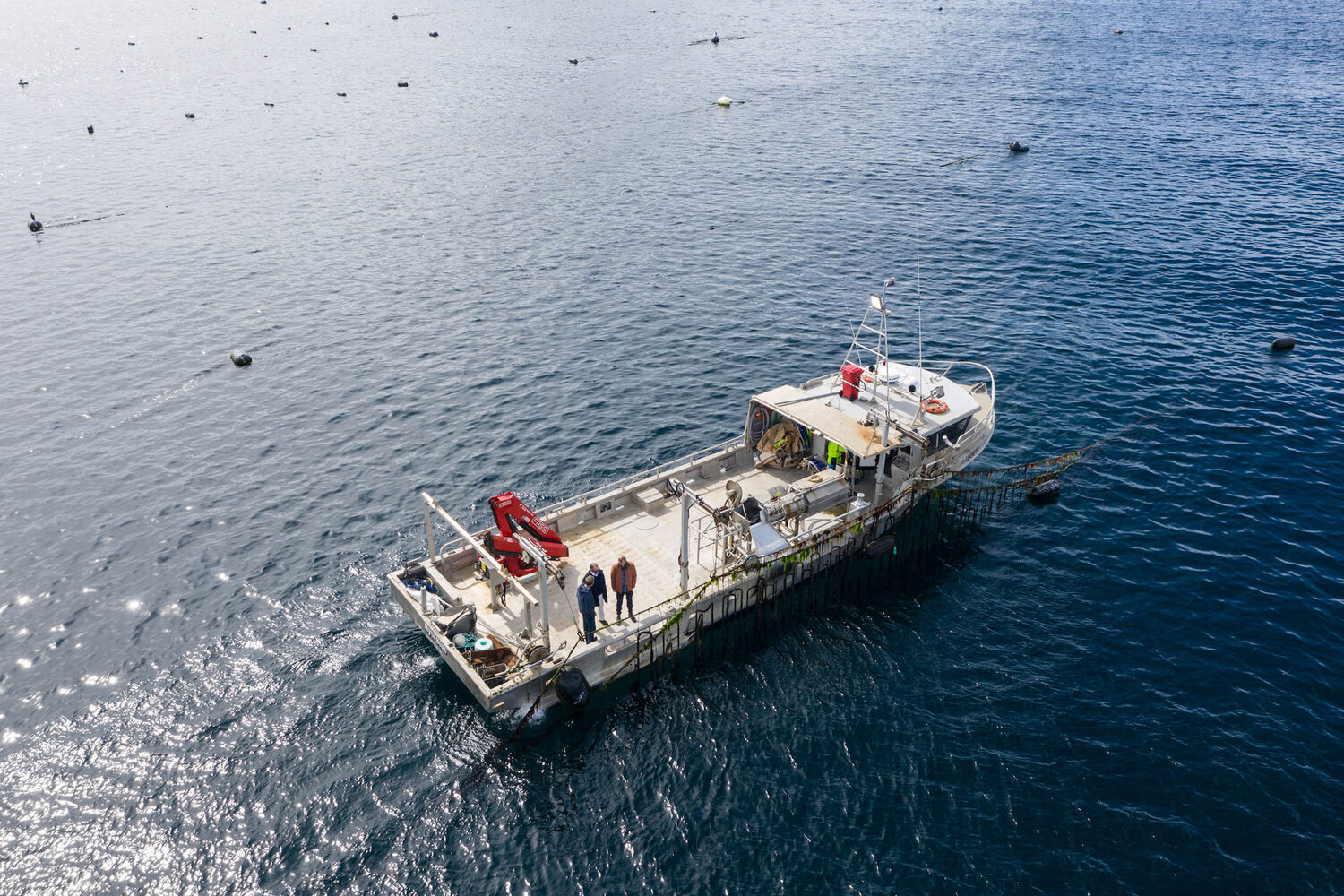
This Award-winning Startup is Getting Ready to Take its Methane-eliminating Seaweed Feedstock to Market
Sea Forest, a Tasmanian startup that produces a seaweed-based, methane-emission-reducing cattle-feed additive, has had a charmed run since it launched four years ago. But will it ultimately succeed?
Methane plays a substantial role in global warming. It’s 25 times as potent at trapping heat in the atmosphere as carbon dioxide. There are around 1 billion cows alive at any one time and each one releases 250-500 litres of methane every day. The burps and farts of livestock account for 14.5% of all global greenhouse emissions.
The current consensus is that using feed additives to make livestock less gaseous is the most effective method to reduce methane emissions. Some years ago, CSIRO research found asparagopsis seaweed had the potential to almost entirely eliminate methane emissions from livestock. Along with the likes of Andrew Forrest and Woolworths, the CSIRO created FutureFeed to build “an entire industry to lower methane emissions from livestock using asparagopsis”. FutureFeed has licensed its IP to six asparagopsis cultivators in Australia, New Zealand, the US and Europe.
One of those licensees is Sea Forest, a business co-founded by sustainable fashion entrepreneur Sam Elsom and mining entrepreneur Stephen Turner in March 2018. Elsom was motivated to move into asparagopsis cultivation after taking part in a Climate Council webinar hosted by Tim Flannery. After hearing Flannery mention that, through photosynthesis, seaweed had the potential to curb climate change then subsequently learning of the CSIRO’s research into using seaweed to reduce methane emissions, Elsom sprung into action.
The startup Elsom and Turner founded four years ago has since attracted enthusiastic backing. Investors, including Macquarie Infrastructure and Real Assets, ex-WWF Australia president Rob Purves, and surfer Mick Fanning, have collectively stumped up $45 million. More millions have materialised in the form of government grants. The media has long waxed lyrical about the methane-reducing miracles Sea Forest looks set to perform. And Elsom has been showered with awards, most recently taking out the Embracing Innovation and Promoting Sustainability categories in Telstra’s 2022 Best of Business Awards this month.
Nonetheless, the inevitable two questions now loom large over this startup: can it ship and, if it can, will there be a market for what it’s selling? After all, there’s presently not a lot of real-world data that backs up the claims made for asparagopsis. And there are plenty of other ecotech startups working on methane-reducing feed additives.
Sea Forest has partnered with Fonterra, Kingston Wool, Bovine Dynamics, the Australian Agricultural Company, Australian Wool Innovation and the University of New England to trial the feed additives made from the asparagopsis it has been cultivating near Triabunna, Tasmania. Until now, there’s been no discussion of what these trials have revealed.
More on that shortly. But Elsom first wants to emphasise that his startup journey hasn’t been as effortless as it might seem.
“The CSIRO discovered asparagopsis could reduce the methane emissions of ruminants by up to 98%,” he tells SmartCompany. “But it didn’t provide any guidance on how to go about cultivating it at scale, either in land-based tanks or in the ocean. We had to spend millions doing 18 months of intense R&D to work that out.”
Now it’s discovered how to efficiently cultivate asparagopsis on the south-east coast of Tasmania, Sea Forest is gearing up to go to market.
“There’s always a cost involved in feeding cows methane-reducing additives, but there are two potential returns on that investment,” Elsom explains.
“First, if you stop cows burping and farting, they can potentially grow faster or produce more milk. NDAs prevent me from going into detail, but I can report that the trials we’ve been running with partners such as [dairy business] Fonterra have shown encouraging results on that front. Second, farmers should be able to earn carbon credits for reducing the methane emissions from their herds. [Minister for Industry, Energy and Emissions Reduction] Angus Taylor has been making encouraging noises and will hopefully make that happen sooner rather than later.”
While it’s yet to appear in farm supply shops, Sea Forest’s feed additive is now commercially available to any Australian cattle farmer interested in it. “They just need to email us and we will send them some,” Elsom said.
So far, so promising, but what about the competition? “There’s room for everyone,” Elsom said. “There are around 26 million cattle in Australia alone. Sea Forest only needs to be supplying feed additives to a small fraction of them to be successful.”
While it’s what’s received all the attention, Elsom says Sea Forest is not solely focused on asparagopsis-based feed additives.
“We are currently experimenting with a range of seaweeds native to Australia with the aim of selling edible seaweed and seaweed-based nutraceuticals to humans,” he says. “There might also be a market for seaweed-based skincare products.”
Elsom isn’t the only one thinking big. The Australian Seaweed Institute believes the nascent Australian seaweed industry could be generating $100 million in annual revenues by 2025 and $1.5 billion by 2040.
“Australia has amazing seaweed biodiversity,” Elsom says. “I’m excited about the role Sea Forest and other local seaweed businesses will play in exporting seaweed-based products to the world in the years to come.”
Source: https://www.smartcompany.com.au/startupsmart/news/sea-forest-startup-methane-eliminating-seaweed-feedstock/
